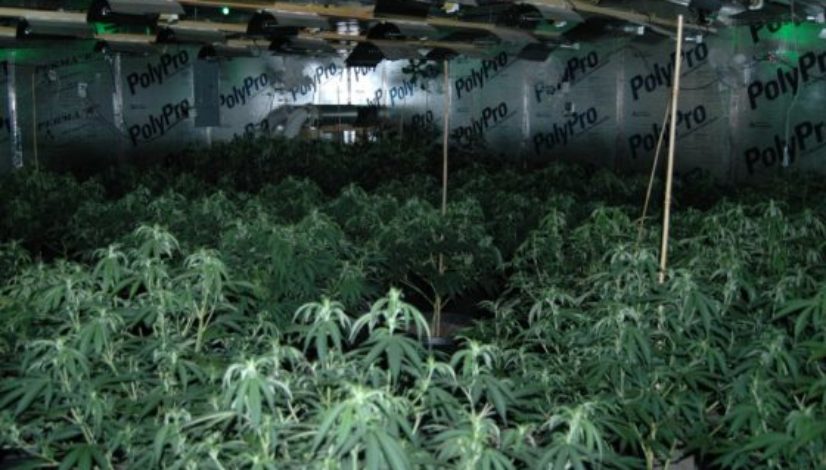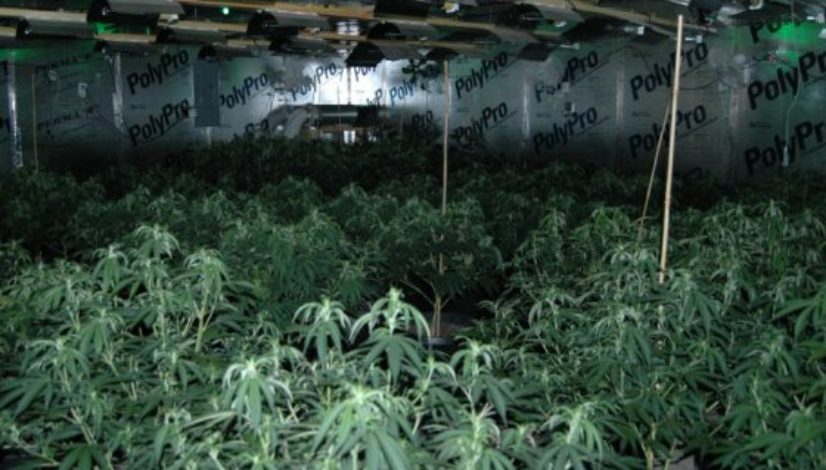Colorado’s high plant limit helps state’s sickest patients, but there’s a dark side

Published: Mar 8, 2017, 4:18 pm • Updated: Mar 8, 2017, 5:05 pm
By Megan Schrader, The Denver Post
They call themselves refugees, and Colorado — with its permissive rules for growing marijuana in homes and world-renowned industrial strains of low-THC, high-CBD oils — is their haven.
For hours Monday, some of Colorado’s sickest medical marijuana patients, both adults and children, begged state lawmakers not to take away their right to grow as many as 99 plants in their own homes. For them, it’s a matter of life and death.
But there’s a dark side to the rules in Colorado that have helped so many.
A gray area of the law allows individuals to combine their plant counts for massive unregulated co-op home grows, and medical marijuana patients can ask a caregiver to grow their plants for them in a money-saving co-op with other patients.
Both situations mean mega-grows. It’s difficult for law-enforcement agents to distinguish which of these huge grows are legitimate personal or medical use operations and which are out-of-state cartels.
Related stories
- Colorado committee votes to greatly reduce number of marijuana plants allowed in home grows
- Colorado looks to ban co-op marijuana grows to block black market
- Alaska troopers seize $600,000 in marijuana from illegal grow
- New Mexico Senate approves new medical marijuana conditions and higher plant limits
- Another Colorado community imposes home grow plant limit
Most recently, a 230-plant grow in Pueblo was busted in a residential neighborhood. In September, a raid of a dozen southern Colorado homes broke up a network holding 22,400 pounds of plant and product that was marked to be shipped out of state.
Rep. KC Becker, D-Boulder, testified on Monday that the lack of a bright-line limit on these grows “puts a target on our backs by those in Washington, D.C., and other places who don’t like what we’re doing here.”
Becker and Rep. Cole Wist, R-Centennial, are hoping to pass House Bill 1220, which would set that limit at 12 plants for a single home in an area zoned residential, regardless of how many patients or recreational users live there. When the bill passed committee on Monday, there was talk of increasing the threshold to 16 plants.
But the bill is sensitive to Colorado’s medical marijuana community. Many patients require high plant counts because their specific ailment responds to high doses or because they rely on an oil or concentrate that takes more plants to generate.
HB 1220 would allow those patients to seek a variance to grow more plants in residential areas or to move their grows to a licensed industrial setting with greater scrutiny and oversight.
That would mean that when sheriff deputies in Pueblo or El Paso counties — two of the locations that have reported rampant illegal grows — get complaints about odor from a large grow in a neighborhood, if there are more than 12 or 16 plants, it’s an illegal grow, and under the amended version of the bill a misdemeanor.
Federal intervention in Colorado’s marijuana markets has gone from an abstract fear to a real possibility with the election of President Donald Trump and his appointment of Jeff Sessions to the critical post of attorney general. Sessions will undoubtedly be less friendly to legal marijuana than the previous administration, although both Sessions and Trump have pledged not to crack down on Colorado’s legal market.
Colorado’s marijuana industry has long known that its success — and the ability to operate without federal intervention — depends on a lawful system that doesn’t divert the drug to the black market or out of state. Colorado voters did not legalize medical marijuana in 2000 and recreational marijuana in 2012 to facilitate a criminal element that would bring massive grows to neighborhoods that are technically legal but clearly skirt the intent of laws.
Instead, Colorado implemented a thorough seed-to-sale tracking program for the marijuana industry that includes an expensive RFID tracking program intended to account for every last eighth-ounce of marijuana produced in Colorado to ensure none is diverted to the black market.
But such measures do little good if pounds and pounds of marijuana can be produced with absolutely no licensing or oversight.
The stories of how this new law could impact patients who currently grow 99 plants in their homes for personal use are troubling. The bill takes steps to allow exceptions for these individuals. But there’s no hiding it will still be inconvenient and even impossible in some jurisdictions to receive the variances required.
As always, it is those flaunting the law who are to blame for closing down lenient home grow rules. Tragically, the entire medical marijuana system is now stigmatized. The Daily Sentinel called for an end to the medical program entirely.
But it’s not just the sophisticated cartels who are to blame: anyone abusing home grow rules for personal, non-medical use shoulders the burden of this crackdown.
To send a letter to the editor about this article, submit online or check out our guidelines for how to submit by e-mail or mail.
This story was first published on DenverPost.com
Topics: 2017 Colorado legislation, black market, co-op, Colorado, editorial, HB17-1220, home growing, medical marijuana, opinion, plant limits




